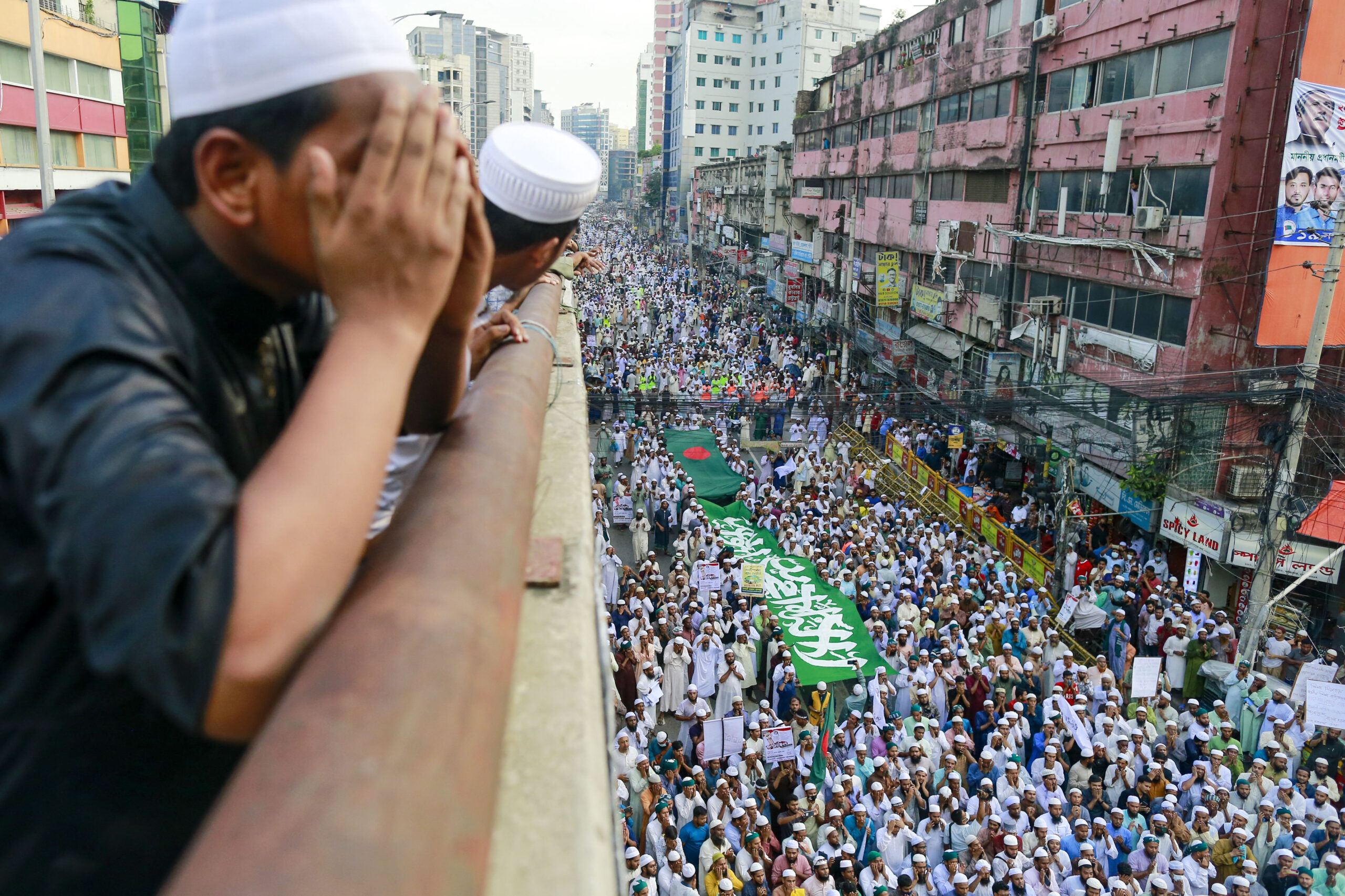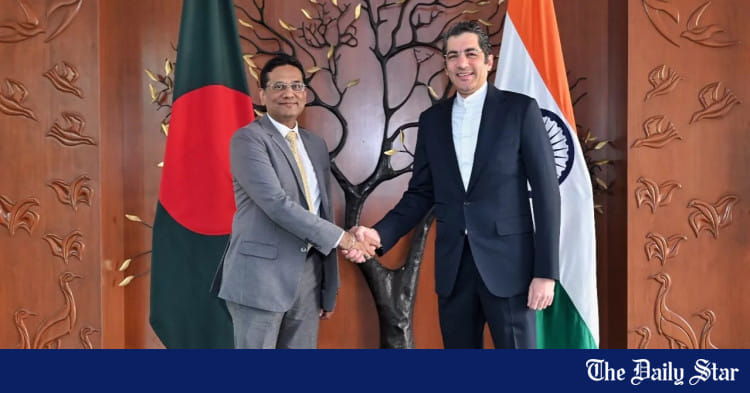Saif
Senior Member
- Jan 24, 2024
- 12,874
- 7,075
- Origin

- Residence

- Axis Group

- Copy to clipboard
- Thread starter
- #25
Kwatra's visit is expected to further strengthen bilateral ties: Indian Govt
UNB
Published :
May 09, 2024 20:45
Updated :
May 09, 2024 20:45

India has said its Foreign Secretary Vinay Kwatra's just concluded visit is expected to further strengthen bilateral ties and impart momentum to the cooperation in diverse areas.
"Bangladesh is India's leading development partner and its largest trade partner in the region," said the Indian Ministry of External Affairs on Thursday.
The Foreign Secretary paid an official visit to Bangladesh from May 8-9.
This was the first official visit to Bangladesh after the formation of the new government in January 2024.
During the visit, Foreign Secretary called on Prime Minister Sheikh Hasina and Foreign Minister Hasan Mahmud.
He also met his counterpart Masud Bin Momen.
The visit to Bangladesh is keeping in line with the highest priority accorded to India's 'Neighbourhood First' Policy.
During the visit, the Foreign Secretary reviewed the wide-ranging bilateral relationship including political and security, water, trade and investment, power and energy, defence, connectivity and sub-regional cooperation.
UNB
Published :
May 09, 2024 20:45
Updated :
May 09, 2024 20:45
India has said its Foreign Secretary Vinay Kwatra's just concluded visit is expected to further strengthen bilateral ties and impart momentum to the cooperation in diverse areas.
"Bangladesh is India's leading development partner and its largest trade partner in the region," said the Indian Ministry of External Affairs on Thursday.
The Foreign Secretary paid an official visit to Bangladesh from May 8-9.
This was the first official visit to Bangladesh after the formation of the new government in January 2024.
During the visit, Foreign Secretary called on Prime Minister Sheikh Hasina and Foreign Minister Hasan Mahmud.
He also met his counterpart Masud Bin Momen.
The visit to Bangladesh is keeping in line with the highest priority accorded to India's 'Neighbourhood First' Policy.
During the visit, the Foreign Secretary reviewed the wide-ranging bilateral relationship including political and security, water, trade and investment, power and energy, defence, connectivity and sub-regional cooperation.












